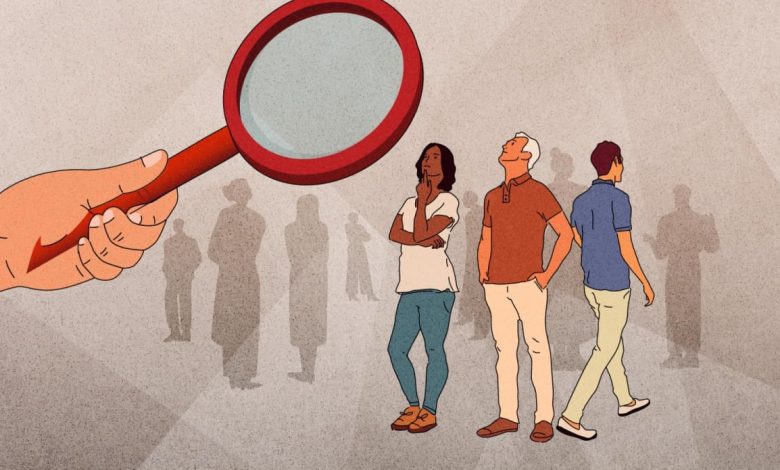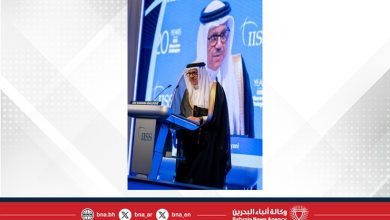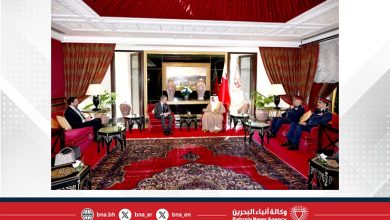With each passing GE, the task of recruiting high-calibre candidates gets even tougher for Singapore’s political parties

WHAT THE OBSTACLES ARE
When asked, PAP did not elaborate on whether candidates’ considerations to commit have changed in recent times, acknowledging only that there are the perennial concerns about entering politics.
“There are sacrifices involved, for example, in terms of time and privacy, and family support is critical,” the party said.
Mr Teo Ser Luck, a former central executive committee member of PAP and a three-term MP until 2020, said that party members who have retired from active politics such as himself still do their part to encourage people with the potential to step forward to serve.
“Honestly, in the last couple of years, it has been tougher to encourage (such) people,” he added. Mr Teo’s last political office was minister of state for manpower until he stepped down from the post in 2017.
Political observer and former PAP MP Inderjit Singh said that recent high-profile departures and court cases involving politicians from PAP and WP may deter people from stepping forward to contest on either side of the aisle.
Mr Singh, who stepped down in 2015 after almost two decades as a parliamentarian, said: “The extra scurrility is keeping some away from wanting to join.”
Former PAP MP Zainal Sapari recalled that during his two terms until 2020, the scrutiny on MPs did not usually extend to people around them.
“If they have any criticism against me, they don’t drag my children into the picture.”
Not so now, some prospective candidates told CNA TODAY, noting that in recent years, children of politicians have been subject to scrutiny and allegations. They added that they would not want to subject their family members to this.
For example, talk about Law and Home Affairs Minister K Shanmugam’s son being allegedly involved in government contracts made their rounds online last year, prompting Mr Shanmugam to make a statement in Parliament in July 2023 to “leave my family alone”.
Social media enables this culture, but there is no way to avoid being online since political parties need to use these platforms to engage with their constituents.
Furthermore, prospective candidates who declined PAP’s offers to hop aboard said that having seen up close the amount of time that current MPs have to commit to their grassroots work, they decided that it was not something they would want for themselves.
A private sector professional in his 40s who has declined PAP’s overtures more than once in the past few years said: “Meet-the-people session is just one day of the week. But every weekend, every night, an MP would have something on. A decision to go into politics is a sacrifice for the whole family, there’s no doubt about that.”
He is not a member of any political party.
Separately, the PAP member of about two decades said she has noticed that the expectation for MPs to be on the ground has grown over the years.
Volunteers and party members have tried to fill the gaps so that MPs do not need to visit their constituents almost daily, but she noted that some constituents will demand to see their MP in person.
“They’ll say things like, ‘I voted for them so they should meet and help me’, even though we explain that the MP has other commitments,” she added.
There is also a career opportunity cost that comes with dedicating time and energy to political work.
“You’re doing part-time politics and part-time work. And I know many MPs who have sacrificed their careers,” the private sector professional in his 40s said.
“They lose out in terms of progression, in terms of performance bonuses, because you just can’t perform to the same level with the amount of time you spend (with political and grassroots work).”
These considerations play out differently for specific demographic groups, making some talents harder to field than others, party members and political analysts observed.
During last month’s PAP conference, touching on the subject of attracting younger talent, Mr Wong mentioned the long runway needed to learn the ropes in government and how it would be difficult to “parachute” new members into ministerial roles.
Younger potential candidates may be more reluctant to enter politics because they may have young children or are climbing their career ladders.
The party must also consider whether younger candidates have enough life experience to relate to the wider electorate, observers said.
Young PAP, the party’s youth wing, accepts members age 40 and below. In the last election, 12 out of 96 of the party’s candidates (12.9 per cent) were of this age range.
Attracting women to politics is a major challenge, too.
Dr Intan Azura Mokhtar, a former PAP MP for two terms until 2020, noted an increase in the number of women MPs but added that Singapore “can certainly do with many more”.
“Currently, we have around 30 per cent of our MPs (elected or otherwise) being women. There is still some way to go if we desire parity in gender representation,” she said.
Ms Joanna Portilla, a member of the PAP Women’s Wing and former vice-president of the Singapore Council of Women’s Organisation, said that female candidates and MPs come under harsher scrutiny.
She pointed to MacPherson MP Tin Pei Ling who has long attracted comments about her youthful appearance, which has no bearing on her work as an MP.
“And there is still expectation for women to take on the main caregiving role for their own families,” Ms Portilla said.
Then, there are other concerns and considerations when scouting for and fielding a minority candidate, adding yet another hurdle.
Dr Mustafa Izzuddin, a senior international affairs analyst with consultancy Solaris Strategies Singapore, said there is an “unstated rule” that potential minority race candidates must be able to speak the mother tongue of the minority group and connect with the minority community and their particular issues.
This is above the engagement they do with their respective constituencies and speaking up on behalf of the masses about national issues, which is expected of all other MPs.
With an already shrinking pool of potential candidates, finding someone who fits these additional criteria will become increasingly difficult, he added.
THE OPPOSITION’S RECRUITMENT
Opposition parties acknowledged that they are facing the same challenges as PAP in recruiting new talent, but did not elaborate on whether these have affected their preparations for the upcoming election.
WHAT HAS BEEN DONE SO FAR
Opposition parties have typically been guarded about revealing their game plans ahead of an election, as the incumbent PAP could get a leg up by fielding political heavyweights in wards where they know certain opposition candidates might be able to swing the needle, current and former members said.
WP did not respond to queries.
So far, only one name has surfaced as a likely new candidate for WP: Senior Counsel Harpreet Singh has been walking the ground with WP in Marine Parade.
Observers noted that WP, like PAP, has been affected by an extramarital affair between its more prominent former members and an ongoing court case, and these may have had an impact on its recruitment process.





